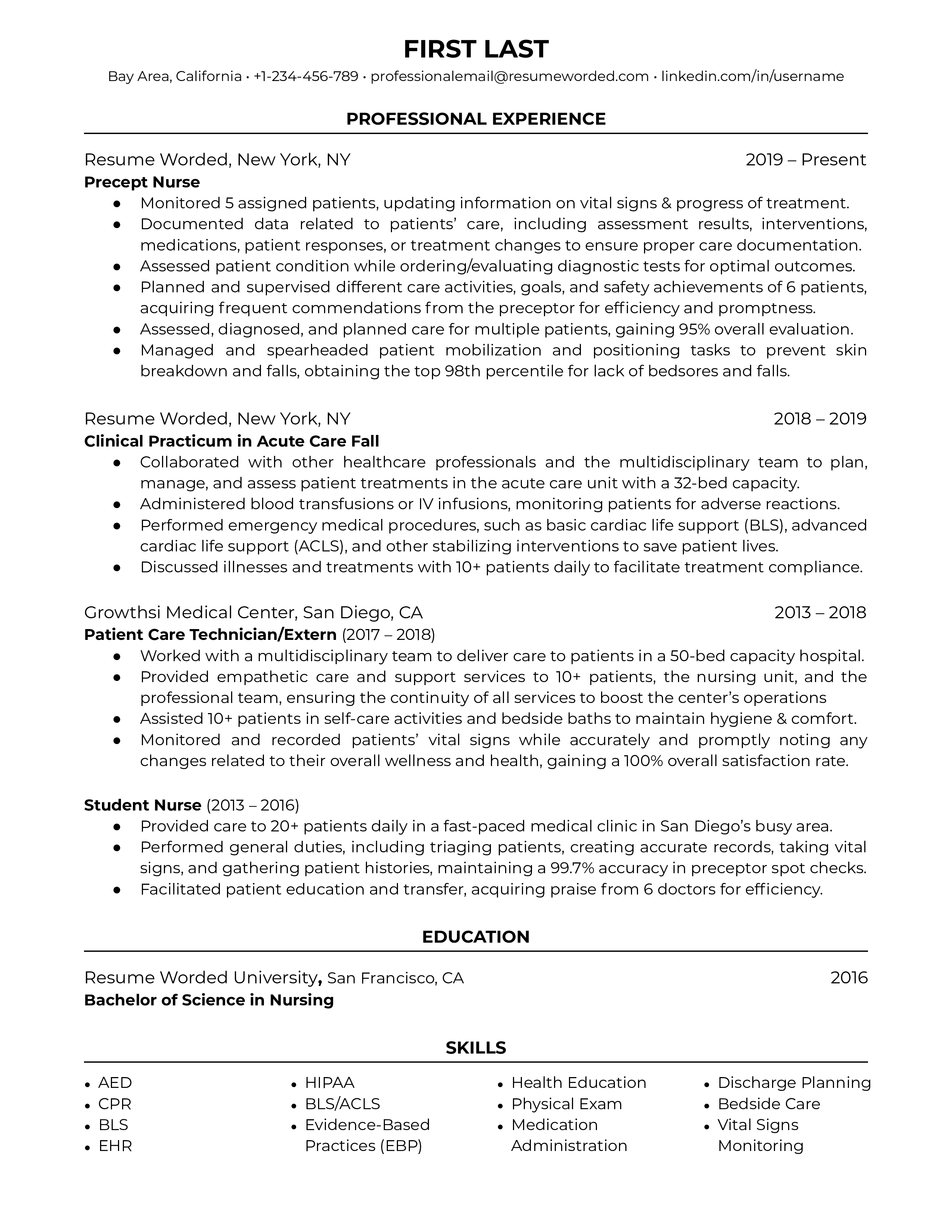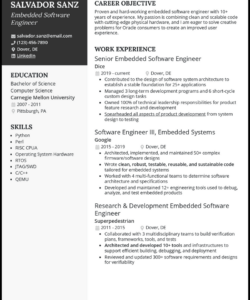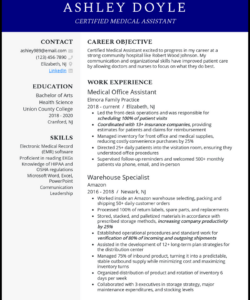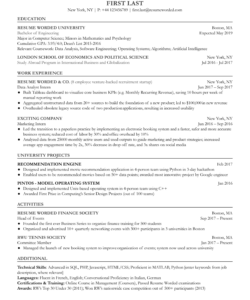Stepping into the world of professional nursing after graduating is an incredibly exciting time. You’ve worked hard, dedicated countless hours to your studies, and now you’re ready to make a real difference in patients’ lives. But before you don your scrubs and walk the hospital halls, there’s one crucial step: crafting a resume that truly reflects your potential and passion. It’s your first impression, your professional handshake, and it needs to stand out.
That’s where a well-designed new registered nurse resume template becomes your best friend. It takes the guesswork out of formatting and helps you focus on what really matters: showcasing your skills, education, and enthusiasm for the nursing profession. Even without years of experience, a strategic template can highlight your strengths and convince hiring managers you’re the compassionate, capable nurse they’ve been searching for.
Why a Specialized Resume Template Matters for New RNs
As a new registered nurse, you’re in a unique position. You possess fresh knowledge, up-to-date techniques, and an eagerness to learn, but you might not have the extensive work history that seasoned nurses can boast. This can feel daunting when you’re staring at a blank page, wondering how to fill it meaningfully. A specialized resume template designed for new RNs understands these challenges and provides a structure that emphasizes your most relevant assets. It helps you pivot from academic achievements to professional readiness.

One of the biggest hurdles for new graduates is the perception of "lack of experience." However, your clinical rotations, preceptorships, and even relevant coursework are all invaluable forms of experience. A tailored template guides you in presenting these elements in a way that demonstrates your practical skills and exposure to various healthcare settings and patient populations. It allows you to transform abstract learning into concrete abilities.
Furthermore, a dedicated new registered nurse resume template helps you avoid common pitfalls. For instance, new grads often make the mistake of using a generic template that doesn’t adequately highlight their clinical hours or the specific procedures they performed. Such a template might also lead to an overly long or disorganized document, which can quickly deter busy recruiters. A purpose-built template ensures clarity, conciseness, and relevance, making it easier for hiring managers to quickly grasp your qualifications.
Key Sections to Include in Your New RN Resume
To make the most of your template, focus on these essential sections:
- **Contact Information:** Clear and professional, including your name, phone number, email, and LinkedIn profile (if applicable).
- **Professional Summary or Objective:** Since you’re a new RN, an objective stating your career goals and enthusiasm for a specific role is often more suitable. Highlight your commitment to patient care and desire to contribute to a healthcare team.
- **Education:** Detail your nursing degree, school name, graduation date, and GPA (if impressive). Include any academic honors or relevant coursework.
- **Clinical Rotations/Experience:** This is crucial. List each rotation, the facility, the dates, and, most importantly, the key responsibilities, patient populations, and skills utilized. Be specific about interventions, assessments, and patient care activities.
- **Certifications and Licensure:** Clearly state your Registered Nurse (RN) license number and state of issuance. Include certifications like BLS, ACLS, PALS, etc., and their expiration dates.
- **Skills:** Create a dedicated section for both soft skills (communication, empathy, teamwork) and hard skills (electronic health records systems, IV insertion, wound care, medication administration).
Crafting Your Content: What to Emphasize
Once you have your template in place, the real work begins: filling it with compelling content. For new registered nurses, the emphasis shifts from previous employment history to detailed accounts of your clinical experiences. Think about every rotation you completed – medical-surgical, pediatrics, critical care, obstetrics, psychiatric – and list the specific patient care activities you performed. Quantify your experiences whenever possible: "Managed care for 5-7 patients per shift," "Administered medications to a patient load of 8-10," or "Assisted with 15 successful deliveries."
It’s also vital to highlight transferable skills that you’ve developed throughout your academic career and clinical rotations. These aren’t just technical nursing skills but also include critical thinking, problem-solving, communication, teamwork, time management, and adaptability. These are highly valued by employers, as they indicate your ability to learn quickly and integrate effectively into a dynamic healthcare environment. Don’t just list them; provide brief examples of how you demonstrated these skills in a clinical setting.
Your professional summary or objective statement is your chance to make an immediate impact. As a new RN, this section should convey your passion for nursing, your commitment to patient-centered care, and your eagerness to contribute to a specific healthcare setting or specialty. Tailor this statement for each application, aligning your aspirations with the job description’s requirements. This shows hiring managers that you’ve done your homework and are genuinely interested in their specific role.
Finally, remember that while a new registered nurse resume template provides an excellent foundation, it’s merely a starting point. Each job application should involve a small degree of customization. Review the job description carefully and subtly weave in keywords or phrases used by the employer into your resume. This shows you’re a strong match and improves your chances of passing through applicant tracking systems. A well-crafted resume, even for a new graduate, demonstrates your professional commitment and attention to detail.
A carefully constructed resume is more than just a document; it’s a powerful tool that speaks volumes about your dedication, capabilities, and readiness to embark on your nursing career. By leveraging a structured approach and thoughtfully articulating your unique experiences, you present yourself as a valuable asset to any healthcare team. Take the time to perfect this crucial step, and you’ll build the confidence needed to pursue and land the nursing position that aligns with your professional aspirations.


